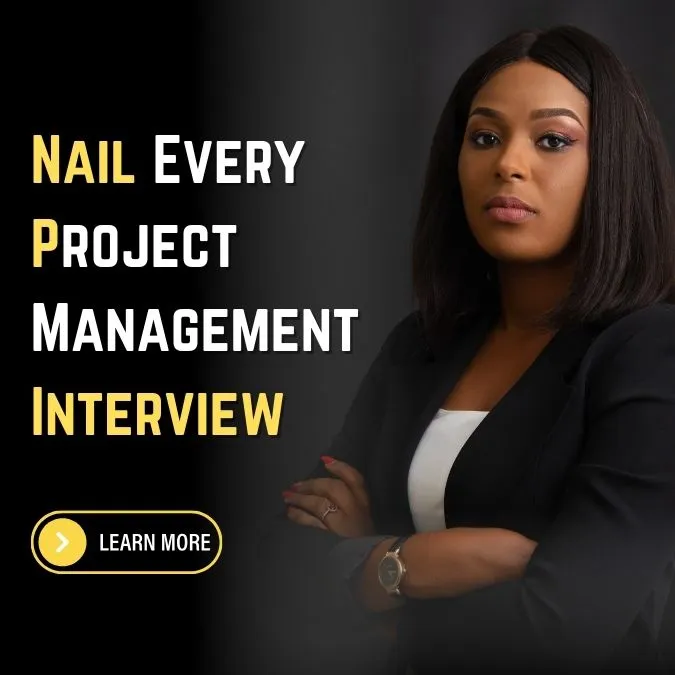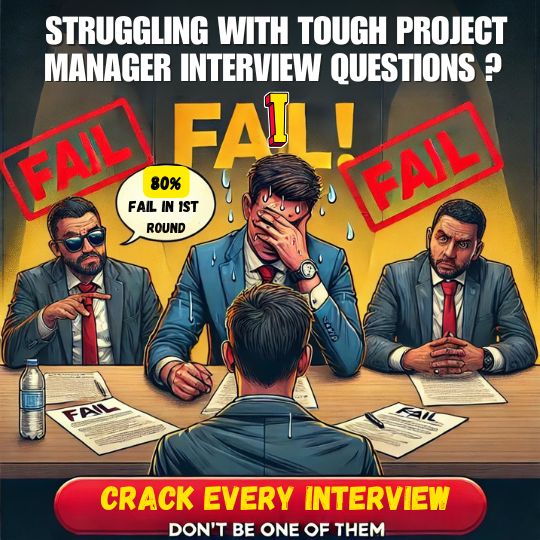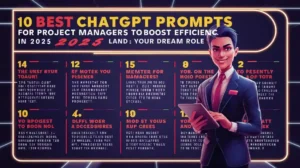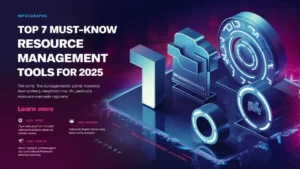In our day-to-day life, we often communicate what we feel or think by the movement of our body. This may be expressed consciously or unconsciously. However, it surely sends out a signal to others about our state of mind, mood. It includes facial expressions and small bodily movements. Charles Darwin is regarded as an expert in the study of body language. Darwin believed that facial expressions are similar among all individuals irrespective of their culture. Whenever we are in communication with others, we tend to maintain eye contact with the person. It sends out a signal that another person is hearing what you say. However, no eye contact or distraction means he is not interested in listening. Similarly, eyebrows forehead add significant meaning. Therefore, body language is a sign of what we desire. When we are tired we rub our eyes, when we want to leave, we look at our watch.
Paying attention to these small signals can be very helpful. It can boost your confidence as well as warn you that something is not going in your favor. Therefore, it is advisable for the candidate about to face interviews not to get caught up in their speech to the extent that you miss the non-verbal feedback you get. Interviews are meant to assess the potential of the candidates. However, it’s very tricky for the candidates to assess their performance during an interview. The study of body language can be of great help to them. If the candidate pays attention to the body movements and the facial expression of the interviewer, he can make out whether he is doing good or not.
Here is some body language that would help candidates to change their approach without losing confidence.
- Direct eye contact: It is a good signal. If the interviewers maintain direct eye contact with you then it indicates the interviewer is paying attention to what you say and is interested.
- Rubbing Eyes: It’s not good for you. It simply means he is getting bored. You need to cut short your answer but do not lose data. Bring more enthusiasm and try to engage him by emphasizing details with your hand movement. Nevertheless, if he shrugs his eyes then you are in danger. It clear sign of frustration. Be calm, put your points forward, and prepare for next time.
- Raised eyebrows: If the interviewer raises his eyebrows then it is an of sign disbelief. If you notice such a signal in your interview, politely say ‘Is there anything that I can clarify for you’. . However, if he quickly raises and lowers his eyebrows then it is in your favor. He approves or is satisfied with what you say.
- Making faces: It is being noticed that people make faces like jutting or pushing lips forward. If the interviewer is making such faces then it means he is upset and this interview will end with no job offer.
Profile Review & Recommendation
Expert-Driven Profile Review &
Recommendations

Let our expert look into your CV, Cover Letter, Naukri & LinkedIn Profile to turn your profile into the top 1% of professional profiles.
INR 1,999
- Naukri Profile Review & Recommendations
- Resume Review and Expert Recommendations
- LinkedIn Profile Review & Recommendations
- Cover Letter Templates Download
- Latest Resume Templates Download
- Personalized, tailored feedback
- ETA: 3- 5 Days
Self-Service Profile
Optimization

Access expert-curated guidelines, sample reviewed files, & step-by-step instructions to optimize your CV, Cover Letter, Naukri & LinkedIn Profile.
INR 499
- Guidelines for Profile Optimization (Resume, Naukri, and LinkedIn)
- Access to Sample Reviewed Files for inspiration
- Step-by-Step Instructions to reframe your profile
- Cover Letter Templates Download
- Latest Resume Templates Download
- Immediate access to the files
- Head nodding: Head nodding means agreement. In addition, if the interviewer is nodding his head slowly then it means he is attentive and listening to you. However, if he is nodding fast then you have lost your chance. It indicates that he wants to wind up fast.
- Head Down: This is a sign of clear rejection. During the interview, if the interviewer keeps, his head down often during the interview then you have no chance to crack this interview. Unless he is reading something. You can try to ask if anything else he would like to know about you, try to draw his attention.
- Repeatedly looking at the clock: This reflects that interviewer is bored and in this situation, you should not hesitate to say “I have a question” if you don’t mind. Use your hand gesture to emphasize what you say.
- Flared Nostrils, folded arms across chest: Sometimes, the Interviewer gets offended and they display it by gestures like flared nostrils, fold arms across chest. Do not waste your time make peace and apologize.
- Too much interruption from Interviewer: If he interrupts every now and then. It is surely not going in your favor. It is very important that the interviewer let you finish your statement but if he does not do that, then he does not like you.
- Do not talk about the future aspect: If the interviewer keeps on interrogating your skill and does not talk about your future aspect with your company then this is a bad sign for you. An interesting interview will always like to know how you can benefit the company.
- Texting or mailing during the interview: This is surely not a good sign for you. He is distracted. He might be considering it a waste of time. Seeing such a signal, you should pause for while and wait for him to finish texting. Your silence will draw his attention and then you can start. It may or may not work in your favor but it is always better to take chance rather than giving up easily.
- Not checking about your availability: If the interviewer does not ask about your availability then surely, he does not want to hire you. If he wants, he will always like to know your availability, when you can join the job.
- Highlights negative aspects of the job: If the interviewer keeps on telling you negative aspects of the job like a long working hours, lot of travel. This could be to make you lose focus or he wants to check how willing you are to take up such a challenging job.
So, it is important to watch the whole body especially facial expression hand movement. It will help you to know the reaction of the interviewer and according to you can bring about change Your approach and try to turn things in your favor.







